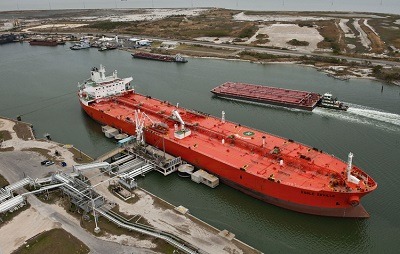The Chief Executive Officer of the Chamber for Bulk Oil Distributors Companies (CBOD) Senyo Hosi has stated that the chamber is ready to import diesel with a sulphur level which meets the European limit of 5 or 10 parts per million (ppm).
This follows a report released by the African Centre for Energy Policy (ACEP) and its partner, Public Eye, which revealed that Swiss commodity trading firms sell dirty fuel to African countries including Ghana.
According Mr. Hosi, the European requirement of 5 or 10 parts per million (ppm) can be imported but will cost the Ghanaian consumer more money.
“Importers will never have a problem because we can always access the product on the international and European market but the refinery is what we must look at the implications it will have on the refinery as it may have to shut it down for the upgrade,” he told Citi Business News.
He explained that “if we want to do 50ppm instead of the 3000ppm or what we are targeting now, it is possible but the question is will the refinery be able to do 50ppm immediately, it can but it will need some huge investments to upgrade the plant to be able to now do 50ppm”.
He pointed out that the standards have been revolving over time, changing from 10,000ppm to 5000ppm.
“Though we can do the proposed 50ppm immediately, it comes with some logistical cost and some effect at the pump which will come with some implications on our own Tema Oil Refinery, he said.
Report of dirty oil
A study conducted in Ghana and seven other African countries revealed that the sulphur content of diesel products imported are 150 times and, in some cases 1,000 times, more than the limits allowed in Europe.
The report has prompted the calls for the review of the existing standards with regards to the sulphur content of diesel products imported into the country.
NPA rejects blame
Meanwhile the National Petroleum Authority (NPA) has dismissed reports that it is to blame for the dumping of ‘dirty diesel’ on the Ghanaian market.
The CEO of the NPA, Moses Asaga said the comments were borne out of ignorance on the authority’s responsibilities.
A significant reduction in the sulphur content will cost Ghana about 300 million dollars.
Source: Citifmonline.com





